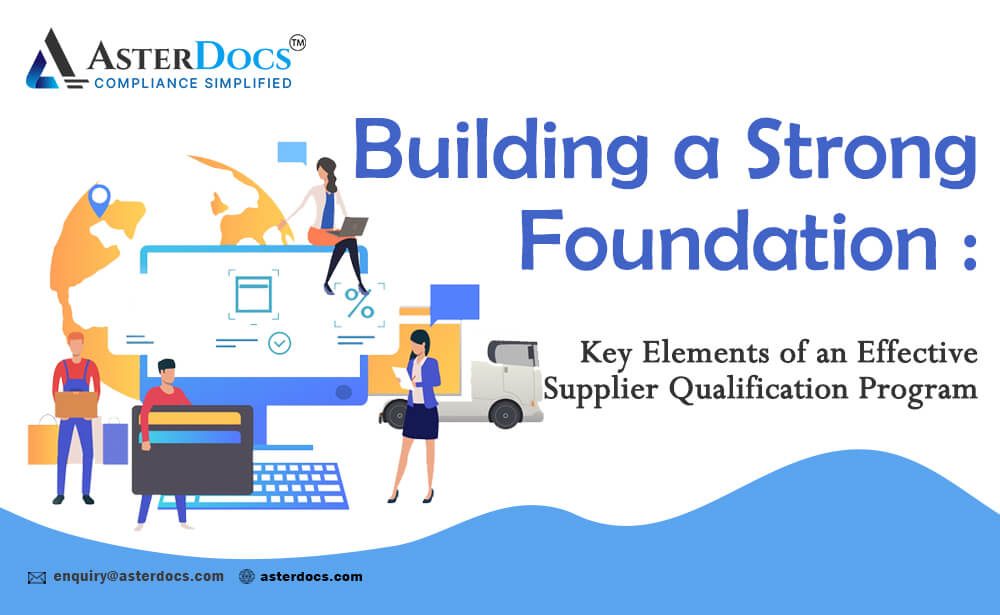A robust supplier qualification program can help businesses maintain the quality of their products, reduce supply chain risk, and ensure compliance with regulatory requirements.
In today’s global economy, businesses closely tie their success to the effectiveness of their supply chain management. As supply chains become more complex and interconnected, companies cannot overstate the importance of proper supplier qualification.
In this article, we will explore the key elements of an effective supplier qualification program and how it can benefit businesses in various industries.
Key Elements of an Effective Supplier Qualification Program
Risk Assessment:
The first step in the supplier qualification process is to identify the risks associated with each supplier. This involves assessing the supplier’s ability to meet quality and regulatory requirements, as well as their financial stability and reputation. This will help you identify suppliers that require more in-depth qualifications.
Documentation:
It’s important to maintain proper documentation of the supplier qualification process. This includes supplier profiles, risk assessment reports, and approval status. His documentation is critical for maintaining compliance and ensuring that your supplier qualification program is audit-ready.
Qualification Criteria:
Establishing clear qualification criteria is essential to ensure consistency and objectivity in the qualification process. These criteria should be based on the specific requirements of your business and industry.
Performance Monitoring:
Once a supplier is approved, it’s important to monitor their performance regularly. This includes conducting regular audits, inspections, and quality checks to ensure that they continue to meet the required standards.
Continuous Improvement:
Finally, an effective supplier qualification program should be continually reviewed and updated. This will help identify areas for improvement and ensure that the program remains effective over time.
Remembering that a successful supplier qualification program goes beyond just a checklist of requirements is important, but it’s crucial to note that the program should regularly review and update to keep up with changing regulations and industry standards. It’s an ongoing process that requires active attention.
By focusing on the key elements discussed in this article, businesses can follow a robust and effective supplier qualification program that helps mitigate risks, maintain compliance, and ultimately improve the quality of their products or services.
To learn more about supplier qualification programs and other supply chain management topics, make sure to check out our blog for the latest insights and best practices.
With AsterDocs, businesses can streamline and optimize their supplier qualification processes, saving time and resources while ensuring the highest standards of quality and compliance.













